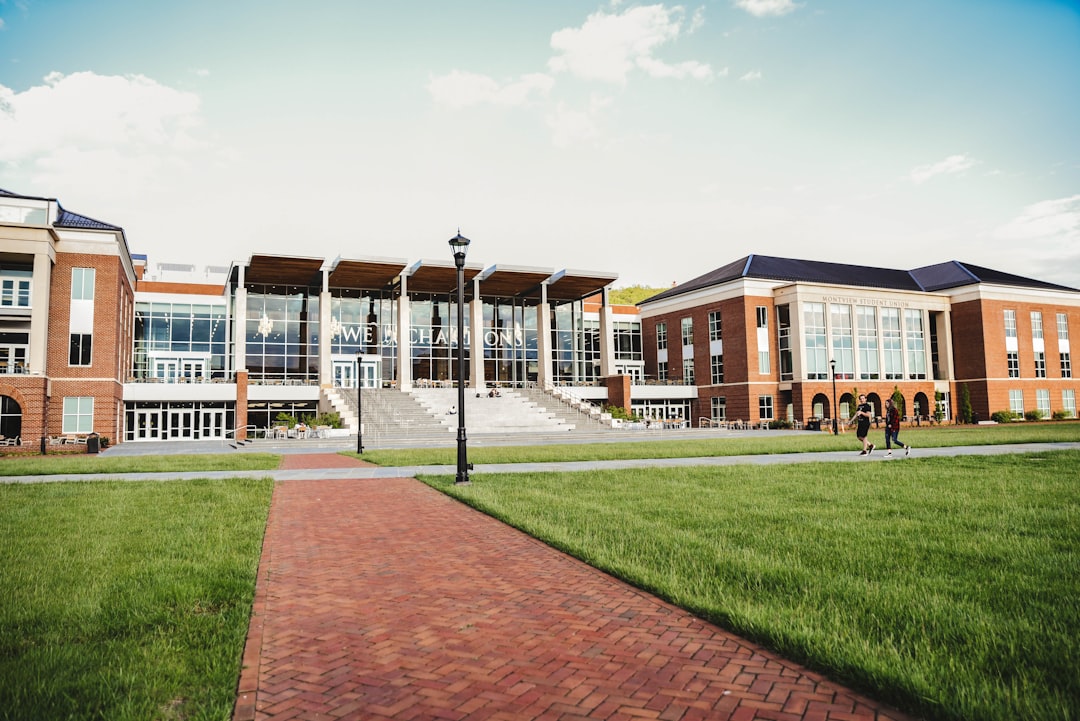In Georgia, hazing abuse lawyers play a crucial role in addressing sexual assault within fraternities and sororities due to existing legal loopholes. They advocate for clearer definitions of consent and intent, stricter penalties, and specialized knowledge to ensure justice for victims while protecting the rights of all involved. Their expertise navigates complex legal landscapes, strengthens defenses, offers emotional support, and restores fairness in hazing-related sexual assault cases.
In Georgia, hazing sexual assault cases are complex due to unique legal loopholes. Understanding these nuances is crucial for both survivors seeking justice and defense attorneys navigating these challenging scenarios. This article explores Georgia’s hazing laws, emphasizing the critical role of skilled legal representation in protecting rights and supporting survivors. We delve into effective defense strategies, counseling services, and a comprehensive guide to navigating the justice system, offering valuable insights for all involved in addressing hazing abuse lawyer cases within Georgia.
Understanding Georgia's Hazing Laws and Their Loopholes

In Georgia, hazing is defined as any activity or series of activities that are dangerous to a person’s health and safety and are intended to initiate or encourage participation in an organization. However, despite these laws aimed at protecting individuals from hazing abuse, there are significant loopholes that allow perpetrators to go unpunished. Many cases of hazing, especially in college fraternities and sororities, involve sexual assault—a crime that has seen a surge in reporting but often results in minimal legal consequences for the culprits due to technicalities and vague definitions.
Georgia’s hazing laws lack clarity when it comes to consent and intent, making it easier for defendants to argue their actions were not intended to cause harm or were part of an accepted tradition. This ambiguity has led to inconsistent outcomes in hazing-related cases, particularly those involving sexual misconduct. Legal experts advocate for stricter definitions and enhanced penalties to deter future incidents of hazing abuse, especially when it crosses the line into criminal behavior.
The Role of Legal Representation in Hazing Cases

In cases involving hazing sexual assault, legal representation is paramount for several reasons. Hazing abuse lawyers in Georgia play a crucial role in ensuring that victims receive justice and that perpetrators are held accountable under the law. These specialized attorneys understand the complexities of such cases, which often involve sensitive and emotional issues. They guide clients through the legal process, providing strategic advice tailored to the unique challenges of hazing-related sexual assault cases.
Legal representation offers several key benefits. First, it protects the rights of victims, ensuring they receive fair treatment throughout the judicial process. Secondly, experienced hazing abuse lawyers in Georgia are adept at navigating complex legal systems and can help build a strong defense or prosecution strategy. This expertise includes understanding relevant laws, gathering evidence, and presenting compelling arguments to support their clients’ cases. Ultimately, effective legal representation empowers both victims and perpetrators by upholding the fairness and integrity of the justice system.
Strategies for Effective Defense Against Hazing Charges

Facing hazing charges in Georgia can be a daunting experience, but with the right legal strategy, individuals accused can mount a strong defense. Hazing sexual assault cases often involve intricate legal nuances and require experienced lawyers who understand the unique circumstances of these situations. These attorneys should employ robust strategies to protect their clients’ rights.
One effective approach is to challenge the credibility of accusers through cross-examination, examining inconsistencies in their statements and potential biases. Additionally, hazing allegations may lack direct evidence, so lawyers can focus on creating reasonable doubt by presenting alternative explanations for the events. They might also explore the context surrounding the incident, questioning whether it constitutes hazing as defined by Georgia law, and highlight any lack of prompt reporting or consistent denials from the accused individual. Engaging in these strategies can significantly strengthen the defense against hazing abuse charges.
Supporting Survivors: Counseling and Legal Rights

In the aftermath of experiencing hazing-related sexual assault, survivors in Georgia require comprehensive support to navigate both emotional and legal challenges. Counseling services play a pivotal role in helping individuals process their trauma, regain a sense of safety, and make informed decisions about their futures. Trained therapists can provide a safe space for survivors to express their experiences, work through complex emotions, and develop coping strategies to rebuild their lives.
Understanding the legal rights of survivors is equally crucial. Hazing abuse lawyers in Georgia specialize in advocating for victims’ rights, ensuring they receive fair treatment within the legal system. These attorneys guide survivors through reporting procedures, help them understand their legal options, and represent them in court to seek justice and accountability from perpetrators and any institutions involved. By combining counseling support with legal representation, survivors can take empowered steps towards healing and recovery while holding perpetrators accountable for their actions.
Navigating the Justice System for Sexual Assault Hazing

Navigating the complex justice system after experiencing sexual assault, particularly within the context of hazing incidents, can be an overwhelming task for victims in Georgia. It demands a delicate balance between seeking justice and healing from the trauma suffered. Hazing abuse lawyers in Georgia play a pivotal role in guiding survivors through this challenging process.
These legal professionals are equipped to handle sensitive cases involving sexual misconduct within organizations like fraternities and sororities. They advocate for victims’ rights, ensuring they receive fair treatment and support throughout the legal journey. By understanding the nuances of Georgia’s laws pertaining to hazing and sexual assault, these lawyers can build strong cases, protect their clients’ interests, and help restore a sense of justice and security for those who have been wronged.






